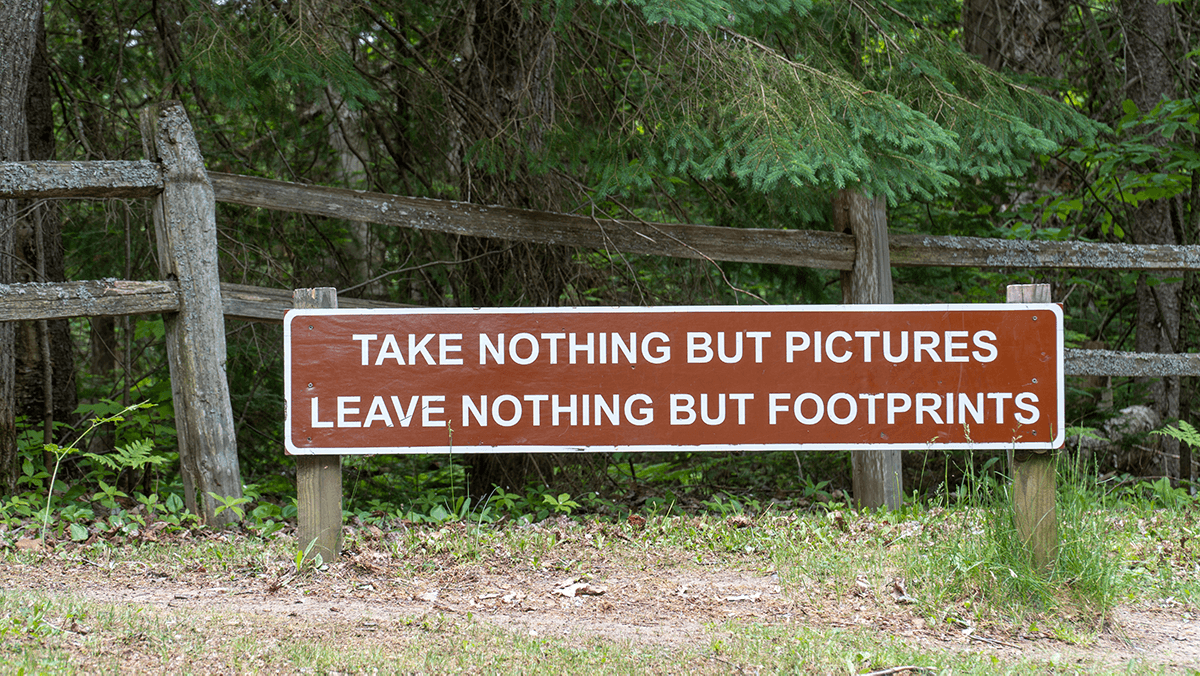Our Responsibility to the Land

Homestead Roast isn’t just about conquering nature, we are also about taking care of the land that is ours. Land stewardship is not as catchy of a phrase as sustainability these days, but it has a much more profound meaning. It is the connection to the earth that humans are missing it. It is our duty to take care of her. We cannot have all these beautiful sites to visit and try ourselves against if we don’t make sure that the earth is ours. A steward is not an owner, but someone who is looking after property for someone else. We are looking after the earth for generations to come.
It means using the land properly. Not leaving litter in open spaces. Using the land to feed ourselves, which is something that most people in the west don’t even remember how to do. So here are some ways that we can start to practice good stewardship.
- Leave No Trace
When you visit a place, you need to leave it as you come to it or better. You don’t want to be leaving your trash or destroying ecosystems of small and large animals. That is their home, not yours. You are the human with reasoning skills. It is your job to make sure that everything is packed out with you.
It is essential to the future of wild spaces that we keep them as pristine as possible and don’t let others destroy them. Leaving as much of the earth as wild as possible is a good thing for the future.
2. Start learning how to grow at least some of your food.
Learning how hard it is to grow food really makes you appreciate what we have in this modern world. Growing and getting good at gardening takes a long time. Learning when to plant, when to water, how much fertilizer, too much sun, lots of things go into it. Then one day a thunderstorm drops a bunch of hail and kills half your plants (yes that has happened to me.) Awful that one.
But you realize how important it is to become a good steward of the land around you. Everything you point into the soil matters. Put trash in, get trash out. Fresh water, rich soil, and plentiful food are hard commodities to come by.
3. Learning new skills and how to reuse and refurbish.
Every new skill you learn goes into homesteading. You never know when that one you learned 10 years ago will come in handy. It is cheaper for you in the long run, and you get the added benefit of not having to spend money on an expert to do it for you. You get to learn what it takes to build something. Most likely you will find a couple things that you really like doing.
Start with smaller projects like learning how to can food or building a water filtration system that you can make from the land around you. Things that could save your life if you are caught out in nature. If you have more time or land, you could learn how to build a shed or shelters. These little things add up over time.
The way that we treat everything around us is important. Learning how to steward our land and space correctly will serve everyone in the future.


Leave a comment